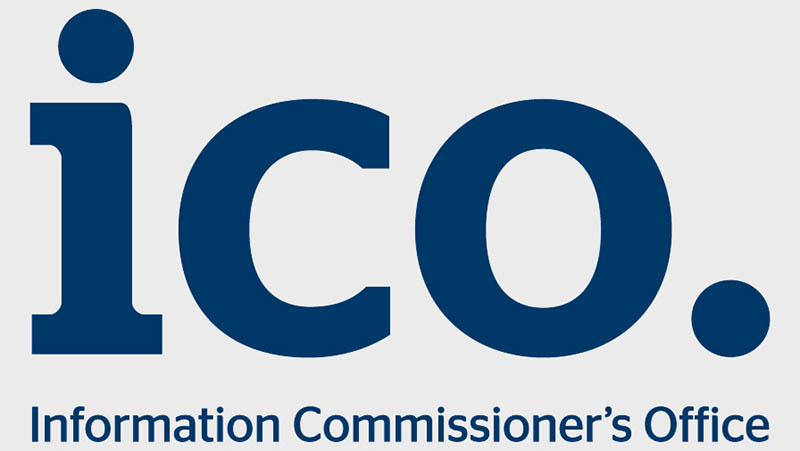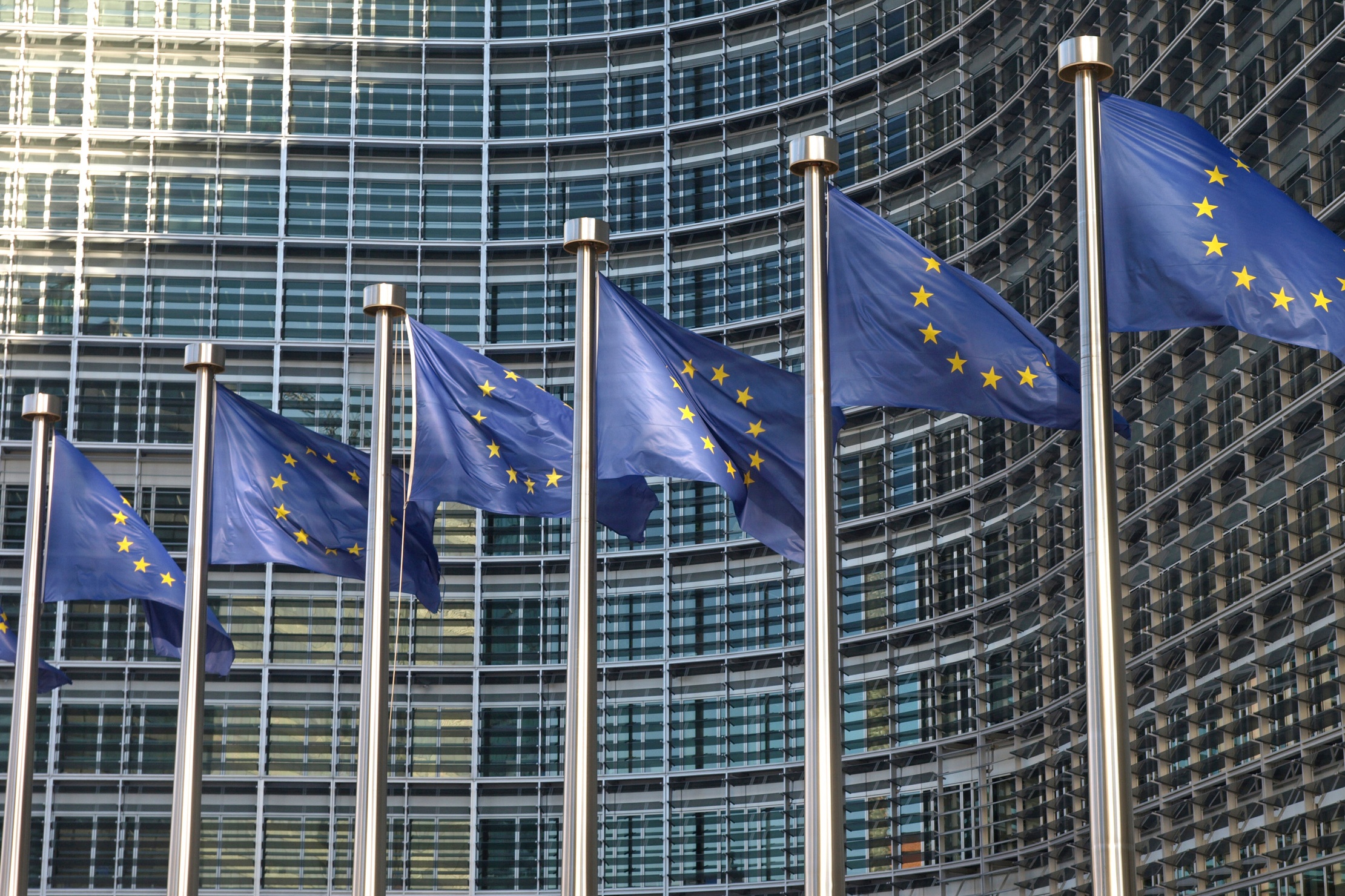Imation shines light on scale of NHS data breaches
Figures obtained from the Information Commissioner's Office reveal marked rise in NHS data protection failures since 2007.

The number of data breaches involving NHS trusts has shot up by 935 per cent over the past five years, according to figures released by the Information Commissioner's Office (ICO).
The data, obtained by storage vendor Imation via a Freedom of Information request, revealed a marked rise in the number of self-reported breaches taking place in the public and private sector since 2007.
For example, over this time period, the number of breaches involving local government and other public sector organisations has increased by 1,609 per cent and 1,380 per cent, respectively.
Meanwhile, private sector data breaches have rocketed by 1,159 per cent between 2007 and 2012.
The figures also revealed that, during the second quarter of 2012, the NHS suffered the highest number of data breaches (61), closely followed by local government (59) and general business (26).
The NHS has repeatedly come under fire in recent years for data protection failures and, several months ago, a health trust received a record 325,000 data breach fine from the ICO.
Nick Banks, head of EMEA and APAC at Imation Mobile Security, said the findings suggest the threat of ICO fines is doing little to encourage people to take better care of their data.
Get the ITPro daily newsletter
Sign up today and you will receive a free copy of our Future Focus 2025 report - the leading guidance on AI, cybersecurity and other IT challenges as per 700+ senior executives
"Undoubtedly there are some mitigating circumstances which have contributed to the rise in annual data breach numbers, such as the introduction of mandatory reporting in certain sectors, plus the increasing amounts of data being stored and accessed," said Banks.
"But none of these factors obscures the clear trend of constant increases."
In a statement to IT Pro, an ICO spokesperson said the figures suggest that more companies are self-reporting breaches than ever before, rather than losing data.
"Clearly, for many organisations, further work is still required to ensure security breaches do not occur in the first place," the spokesperson added.
-
 Bigger salaries, more burnout: Is the CISO role in crisis?
Bigger salaries, more burnout: Is the CISO role in crisis?In-depth CISOs are more stressed than ever before – but why is this and what can be done?
By Kate O'Flaherty Published
-
 Cheap cyber crime kits can be bought on the dark web for less than $25
Cheap cyber crime kits can be bought on the dark web for less than $25News Research from NordVPN shows phishing kits are now widely available on the dark web and via messaging apps like Telegram, and are often selling for less than $25.
By Emma Woollacott Published
-
 Elizabeth Denham appointed ICO boss
Elizabeth Denham appointed ICO bossNews Denham will be tasked with helping the UK leave the EU without any knock-on effects on privacy
By Clare Hopping Published
-
 Information Commissioner signs off with overview of year
Information Commissioner signs off with overview of yearNews Christopher Graham has issued a report outlining past achievements and recommendations for the future
By Clare Hopping Published
-
 ICO blasts sluggish speed of EU data law reforms
ICO blasts sluggish speed of EU data law reformsNews Information Commissioner calls for sensible laws when it comes to personal data
By Joe Curtis Published
-
 Digital marketing firm hit with £50k nuisance calls fine from ICO
Digital marketing firm hit with £50k nuisance calls fine from ICONews Reactiv Media apologises for making marketing calls to TPS members, and claims they were made in error
By Caroline Donnelly Published
-
 UK TPS users still receive nuisance calls, research shows
UK TPS users still receive nuisance calls, research showsNews Ofcom nuisance calls research shows TPS sign-ups leads to users receiving a third fewer calls
By Caroline Donnelly Published
-
 Cabinet Office rapped for slow FOI request response times
Cabinet Office rapped for slow FOI request response timesNews Government department blames uptick in requests caused by Jimmy Saville and Margaret Thatcher for delays
By Caroline Donnelly Published
-
 Home Office under scrutiny over FOI response times
Home Office under scrutiny over FOI response timesNews Sussex Police and Tyneside Council also subject to monitoring by ICO
By Jane McCallion Published
-
 UPDATED: Government departments rapped for slow response to FOI requests
UPDATED: Government departments rapped for slow response to FOI requestsNews The Information Commissioner's Office places four public authorities under surveillance for three months next year.
By Caroline Donnelly Published